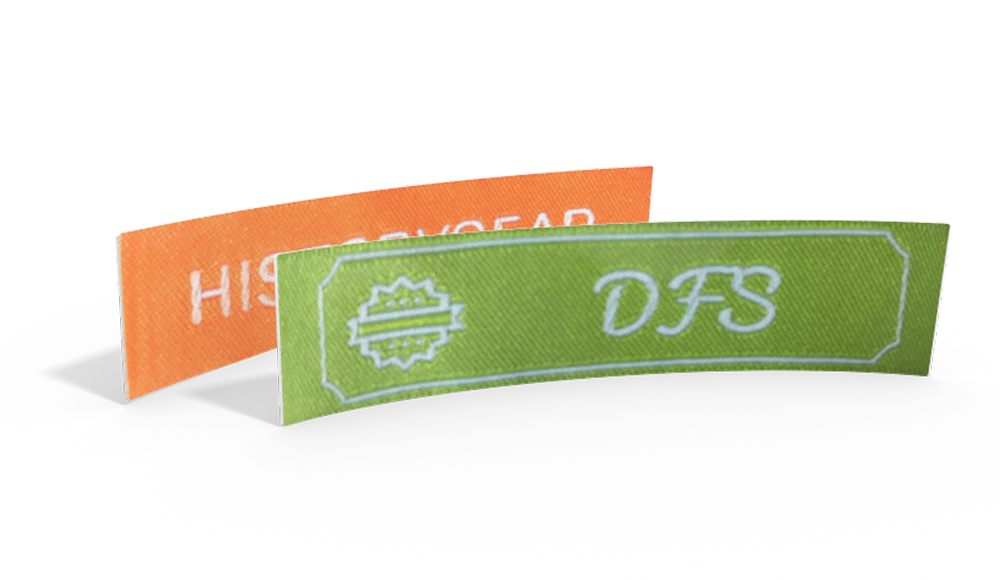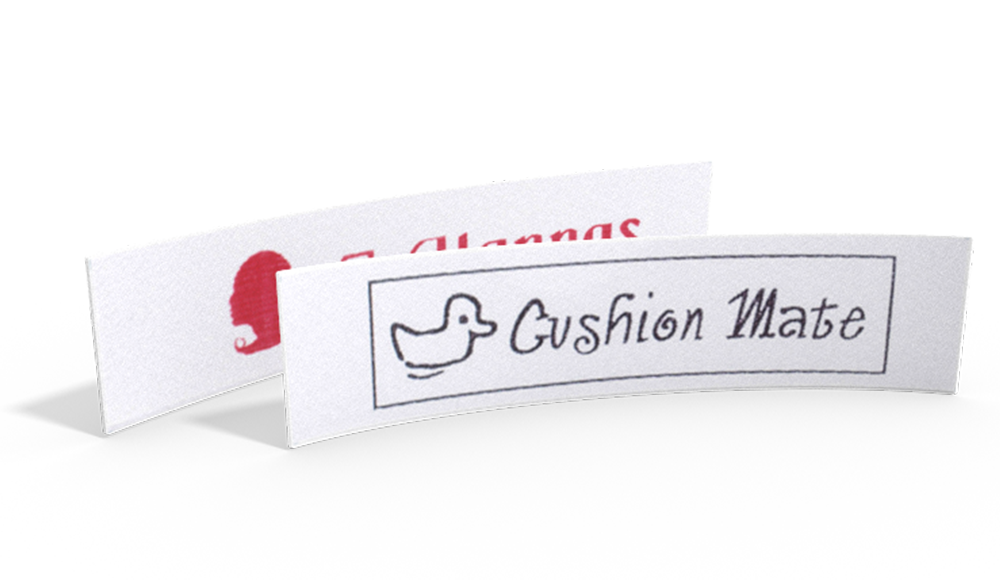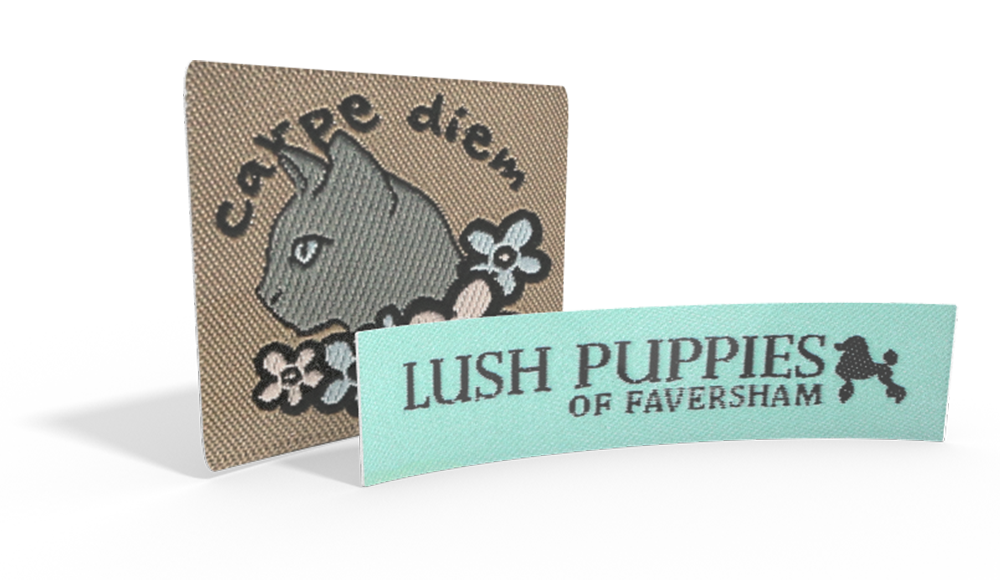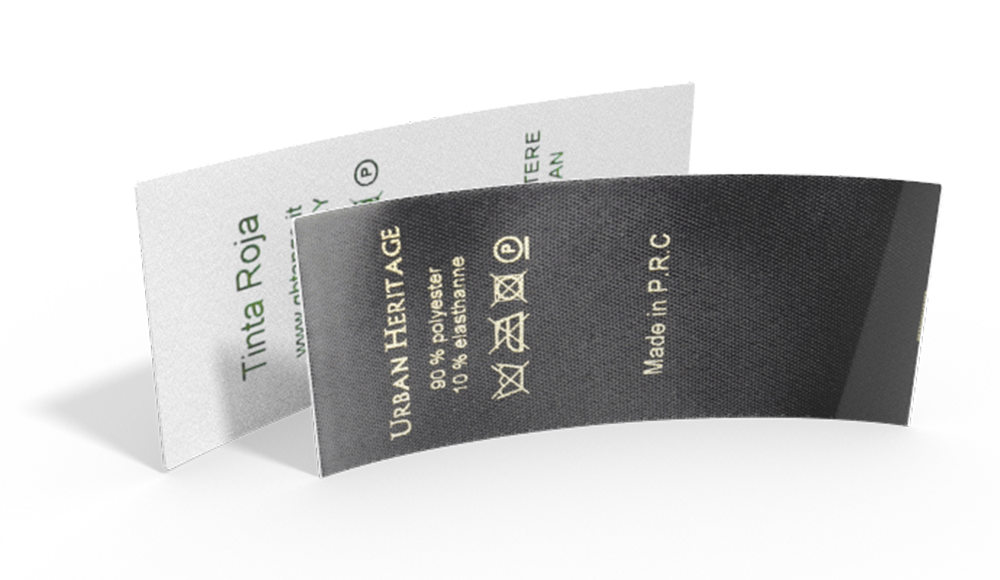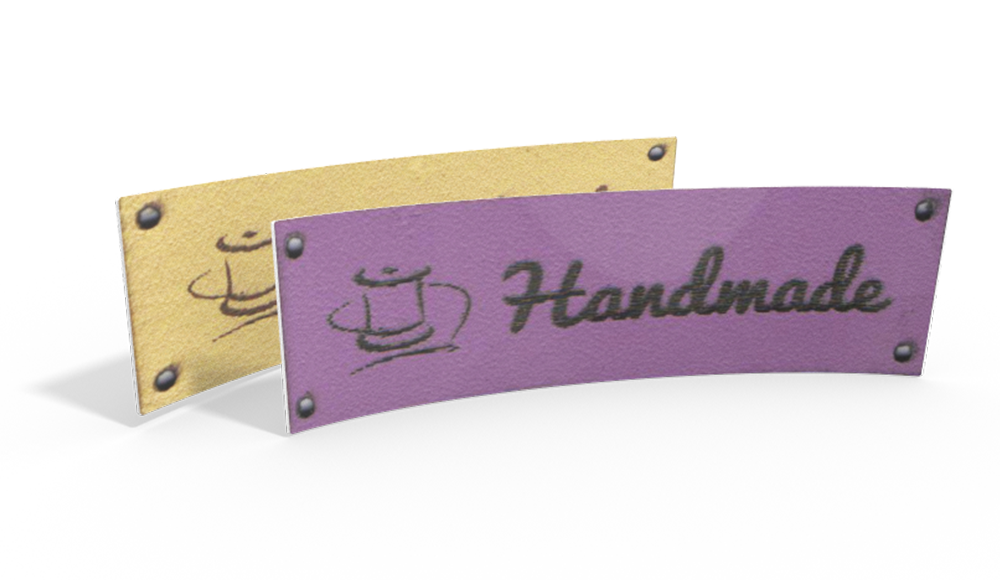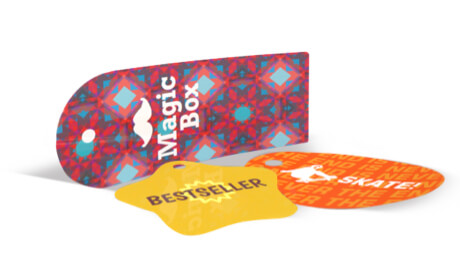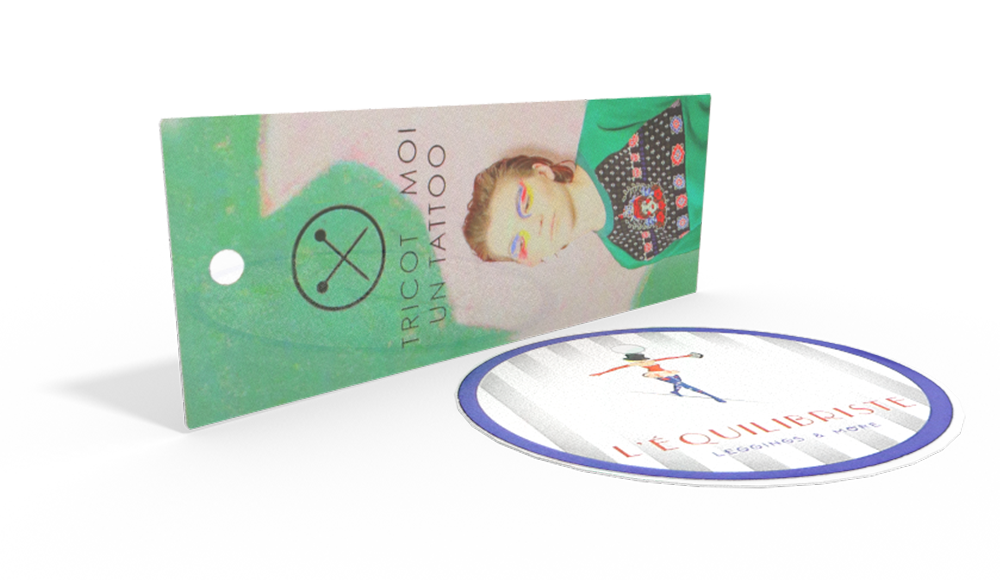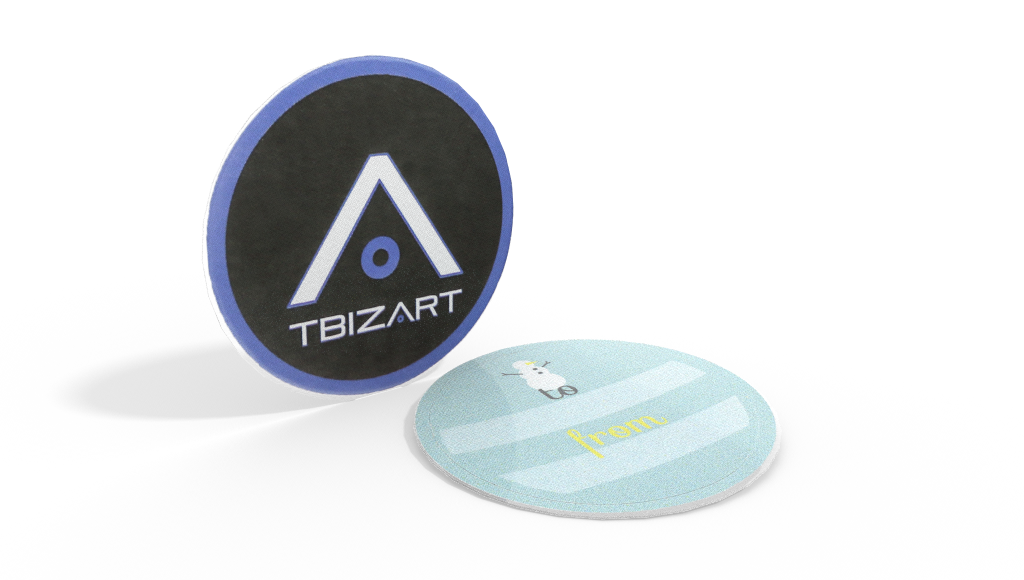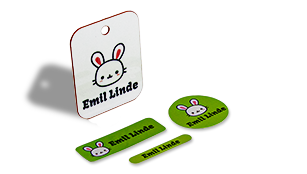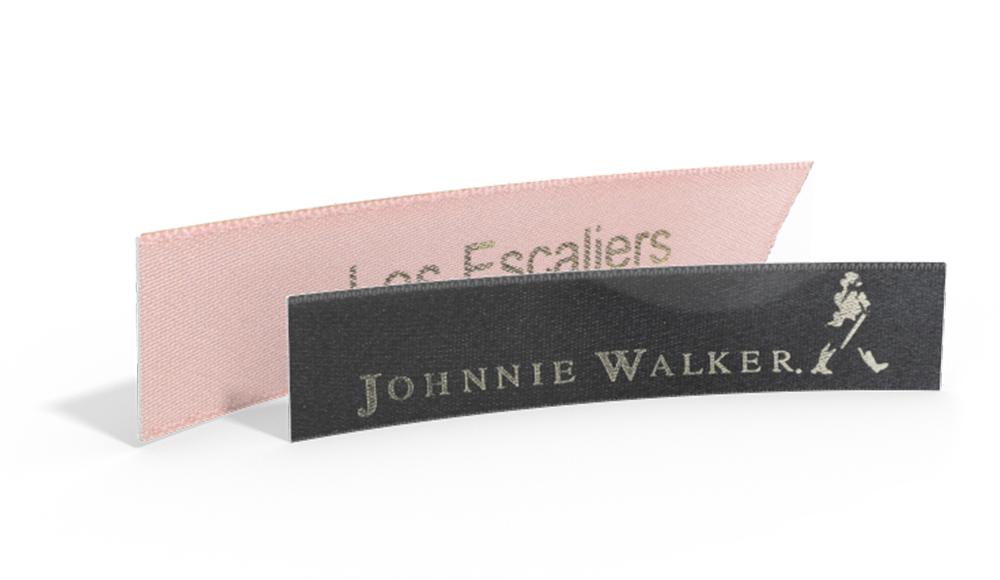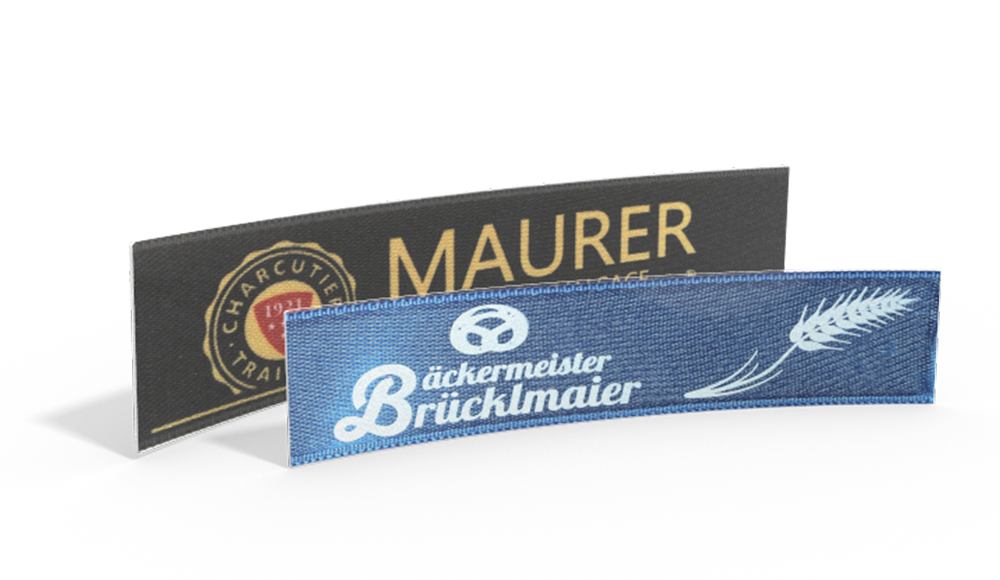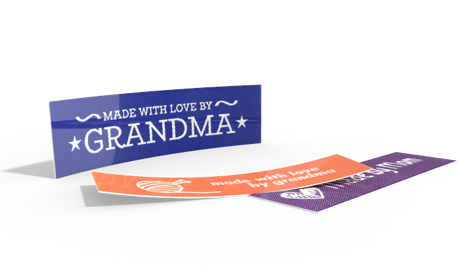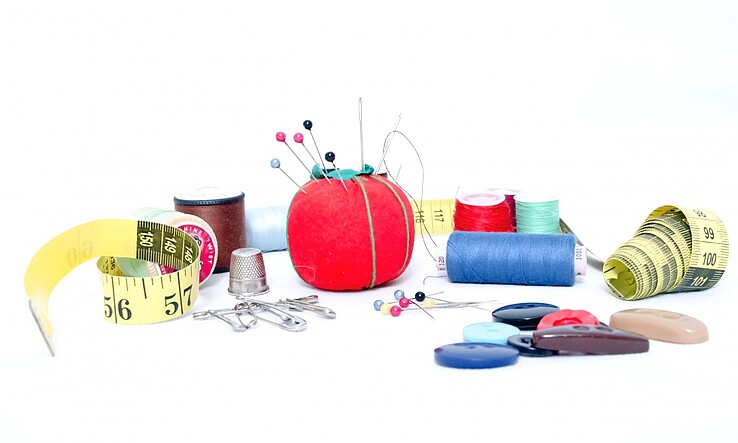Planning on turning your sewing hobby into a business? Whether you're thinking of adding something on the side, or diving full-time into your new handmade business, check out these 21 ideas for some initial inspiration!
1. Alterations
There will always be a need for someone who can hem pants and take in dresses, so if you like steady work, this is an excellent option. It does have some limitations—unlike other businesses, it doesn't lend itself well to events like craft fairs or even online sales. To secure a steady stream of customers, you'll have to advertise. Consider working with local shops like bridal salons and dry cleaners, who typically offer some kind of tailoring or mending services, and may be willing to send extra customers your way, especially if they earn some kind of commission.
2. Sewing Lessons
If you love to sew, why not share that passion with others? Decide what kind of lessons you'll offer—will you visit students at their home to teach them one on one? Are lessons to be held at your home instead? Many craft stores also offer work spaces, some of which are even free, which are perfect for holding larger, classroom-style events. Make sure your lessons are appropriate for the level of student you are teaching. For example, you may want to offer a beginner's course for someone who's never sewn anything at all, and an introduction to sewing machines, for those who are familiar with hand sewing, but want to take things to the next level. Check out these further tipsfor planning your first lessons.
3. Customization
If you love adding a little special something to standard or store bought items, this is the perfect home business for you. Consider adding personalized logo labels to your creations to further enhance their uniqueness and value. It may require some special equipment, as one of the most common customization options for fabric items is embroidery, but once you've made that investment, the sky's the limit. You can add business logos to uniforms, or add appliques to kids' clothes. Create items in the local school colors, or celebrate your favorite sports teams. Just be sure to be clear with customers about what kinds of customization you offer, otherwise you may get disappointed customers who were hoping for alterations as well as some fancy new embroidery.
4. Drapery and Home Decor
Decorators, both professional and DIY, frequently work with sewists to create custom items to suit their spaces. This can include stitching up custom curtains, shades, and valances, as well as duvet covers, pillows and pillowcases, and sometimes even a little fabric artwork. Remember that drapery fabrics are typically quite wide and often must be cut quite long as well, so you'll need a large workspace. A durable sewing machine is also a must, since decorating fabrics also tend to be sturdier than those used in garment making.
5. Pet Accessories
For so many pet parents, their pets are basically little furry family members, and keeping them supplied with leashes, harnesses, toys, beds, hammocks, and other accessories can easily be a full time job, especially if you're an animal-loving sewist. Partnering with local pet supply stores and shelters can help get your name out as a local expert in the best handmade pet gear available.
6. Handbags
If this fine art is in your wheelhouse, don't be afraid to go for it! Custom and unique handbags are a big draw at events like art shows. Considering offering a limited number of wholesale bags to local outlets so shoppers can see your work as part of their whole outfit. You can even partner with local boutiques to do a fashion and accessory show to showcase full ensembles.
7. Quilting
While you can make a steady business in piecing and quilting your own works, with the right equipment and expertise, you can also earn extra income by quilting pieces that other sewists have already pieced. This is especially true if you have a computerized quilting machine, or other equipment geared toward working on a large scale.
8. Children's Clothing
There's quite a market for kids' clothing, especially clothing that's fun, functional, and gives kids a chance to show their personalities. Fleece is a great fabric not only for home accessories but also for children's clothing. We have some tips for you to consider when sewing with fleece. From breezy cotton dresses filled with pockets for all those special finds to pint-sized bow-ties and newsboy caps, there are so many fun options! You'll probably want to specialize in a type of clothing or age range, rather than offering a little bit of everything.
9. Religious Items
From altar cloths to christening gowns, there's always a need for the items that make our most cherished and poignant moments that much more special. These often call for special skills and heirloom techniques, such as hand embroidery, smocking, and delicate lacework, as well as high-end materials. Build up your reputation by working with a range of local churches, then branch out by offering your handmade items online.
10. Bridal Wear and Accessories
Many brides will never again wear an outfit as expensive and detailed as their wedding gown, so if you love working with fancy fabrics and embellishments, this might be the perfect sewing business! Be forewarned, though; weddings are highly stressful, which can bring out the worst in some people. Make sure to be upfront with your timelines and pricing, and talk to the bride about what is and isn't feasible as far as her requested alterations go.
11. Custom Clothing
More and more people are starting to realize the benefits of having clothing made to measure. Not only does it fit better and look more flattering than ready-to-wear items, but handmade clothing also tends to wear better and last longer, since the finishing techniques are sturdier and quality control is tighter.
12. Toys and Dolls
From fuzzy bunnies perfect for baby to incredibly elaborate art dolls, if fiber is your medium for bringing these characters to life, make your business selling handmade toys and dolls! Make sure that any toys destined for young children are free of features and accessories that could pose a choking hazard.
13. Design Sewing Patterns
If you love the technical aspects of pattern design, but don't feel the need to spend all your time sewing, designing the patterns themselves could be the perfect answer! We have a great example of a DIY tutorial for you: "Crocheted Pumpkin". You will likely want to work with a professional pattern publisher to manage the printing and sizing, but explore the process of design for yourself!
14. Costume Designer
Love the theatrical side of sewing? Consider designing for the stage! Depending on your skill sets, you could work with dance companies or stage plays, or even create cosplay costumes for convention-goers. There's a huge market for a whole range of costuming, so do a bit of research to see where your skills and interests fit.
15. Baby Supplies
Blankets and burp cloths, baby slings and car-seat covers— there are so many opportunities for sewists to provide a little handmade warmth and comfort for new babies, and their overstressed families!
16. Design Embroidery Kits
Love hand embroidery? Share the patterns you design by creating embroidery kits to sell! A perfect addition if you already sell embroidered items, or teach embroidery classes.
17. Upcycler
This is a great business to pair with a blog about sewing. Everyone loves to see the before-and-after journey of a thrift store find that's turned into something (or somethings) absolutely fabulous. Use the transformation journey to teach sewing techniques, and you have two products in one!
18. Upholsterer
Proper upholstery is a dying art. If you have the skills to rescue worn out chairs and sofas, or apply the finishing touches on handmade furniture, consider starting your own business doing just that!
19. Hand-Dyed Scarves
Love the play of color and shape? Delicate scarves can be the perfect medium. There's even a technique called water marbling that gets your customers in on the fun. Of course, you'll also need a supply of fine silk scarves, so you'll still have to keep your sewing skills sharp!
20. Corsetry and Lingerie
A corset may no longer be a daily garment for women today, but they're still surprisingly popular for special occasions, costume and cosplay, and historical reenactment. They're also a great way to start learning the techniques still used to create modern lingerie,
21. Production Sewist
If you're great with precise seam placement and perfect pattern cutting, try production sewing. This is where other companies, often handmade sewists themselves, hire off-site sewists to help create stock for their companies. Typically, this means creating many duplicates of the same item, which is sometimes not even entirely completed—another sewist will finish up the job later. Production sewing jobs are relatively rare for work-at-home sewists, but if you know of other handmade businesses in your area that are just getting off the ground, you might be able to offer your help and earn a little extra as well.

